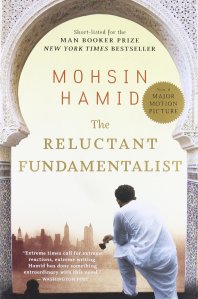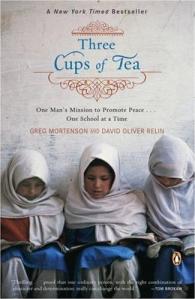
The Reluctant Fundamentalist, by Mohsin Hamid, is a beautiful story of culture-clash. The author, a Pakistani from Lahore who lives in America, writes about a fictional man named Changez—also a Pakistani from Lahore. After beginning a conversation with a traveling American, Changez tells him about his emotional journey back to his homeland.
Changez is a hardworking, brilliant student who attends Princeton, graduates with high marks, and is immediately offered a job at a prestigious evaluating firm. He has a beautiful girlfriend, a high salary, and a nice apartment in New York City. And then the World Trade Center is attacked by terrorists.
Overnight, Changez perceives a difference in the way people treat him. His coworkers suddenly get a bit frosty, and he has to fend off verbal attacks from strangers. After flying home to Pakistan to visit his family, he decides not to shave his beard, and the attitudes around him become even more hostile. While America around him seems to be uniting, it seems to be uniting against him—and he’s not sure he even wants to belong anymore.
In the end, Changez wraps up his story with the American, who has also become more hostile as the conversation goes on. The book ends with a violent encounter of some kind—we don’t really know what—that highlights just how tense the atmosphere is between Americans and Pakistanis, even after sharing a meal and a conversation.
This book is beautiful. That’s the best word I have for it. The characters are fleshed-out, the conflicts—while all internal—all make sense, and there’s so much self-discovery roaming around in the pages. As an American, I can understand why Pakistanis might dislike America. But I get the feeling that a Pakistani reading it might also understand why Americans are proud of themselves, too. And both sides can understand where the hostilities come from. Everyone should read this book. ♥
